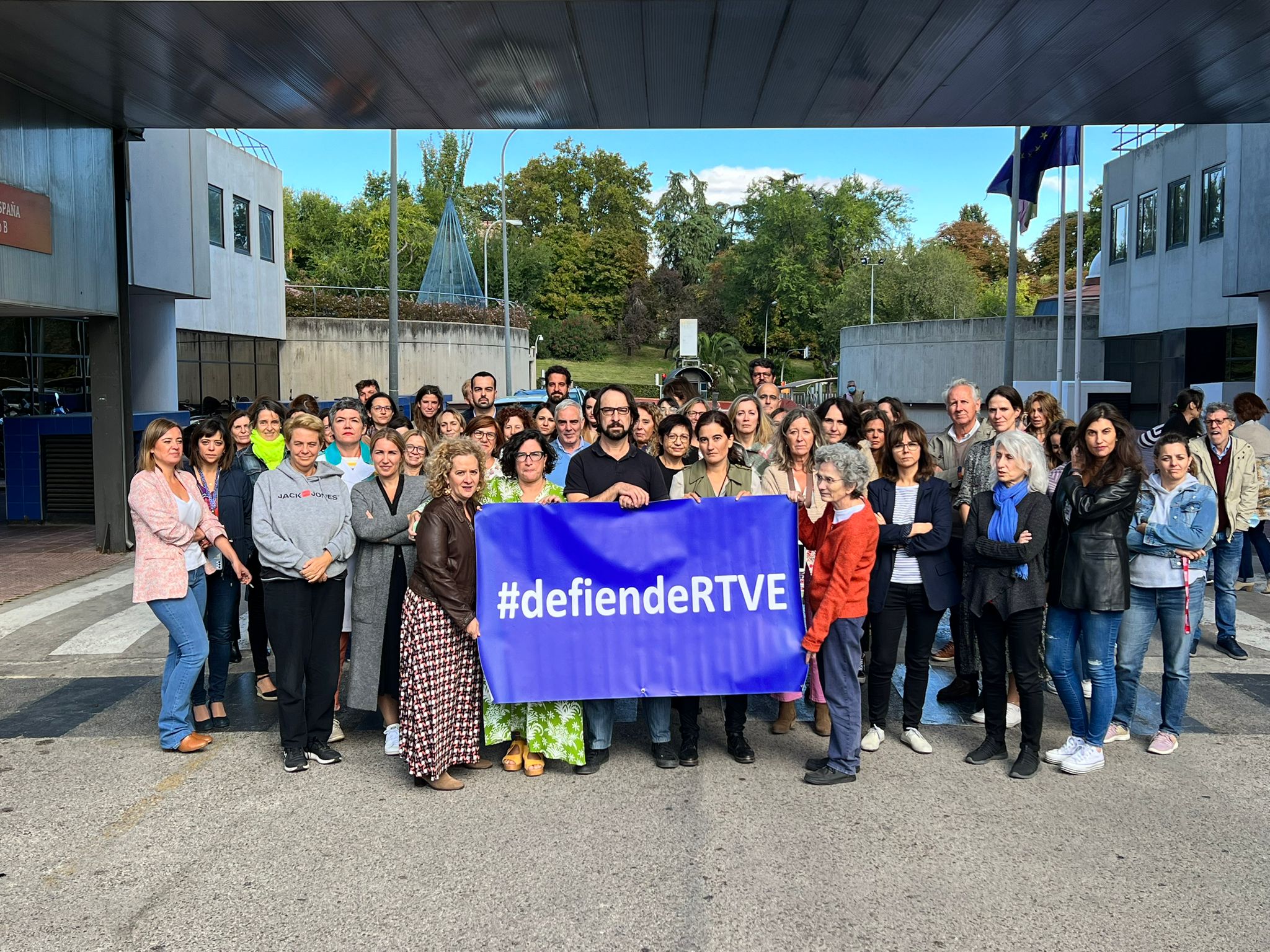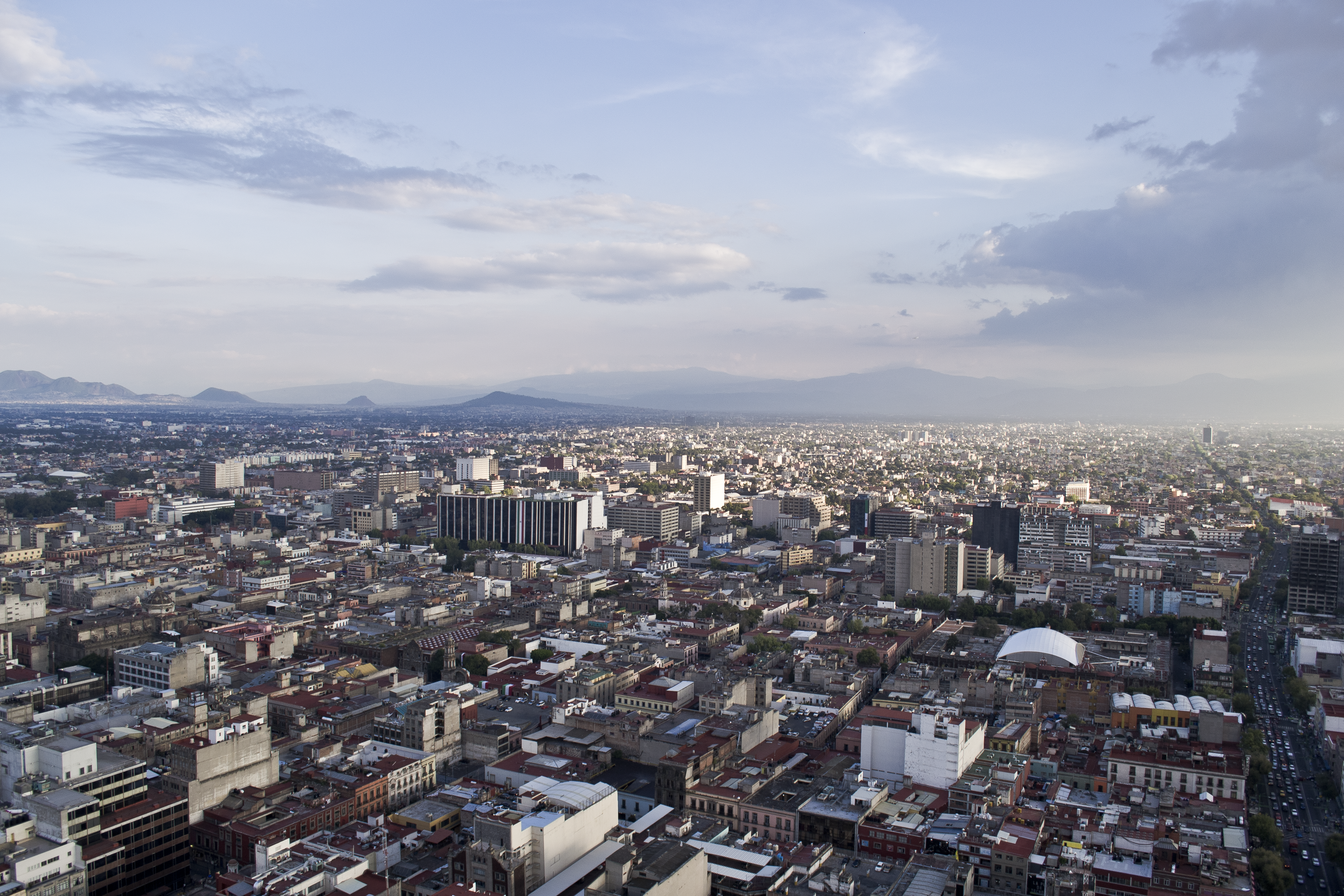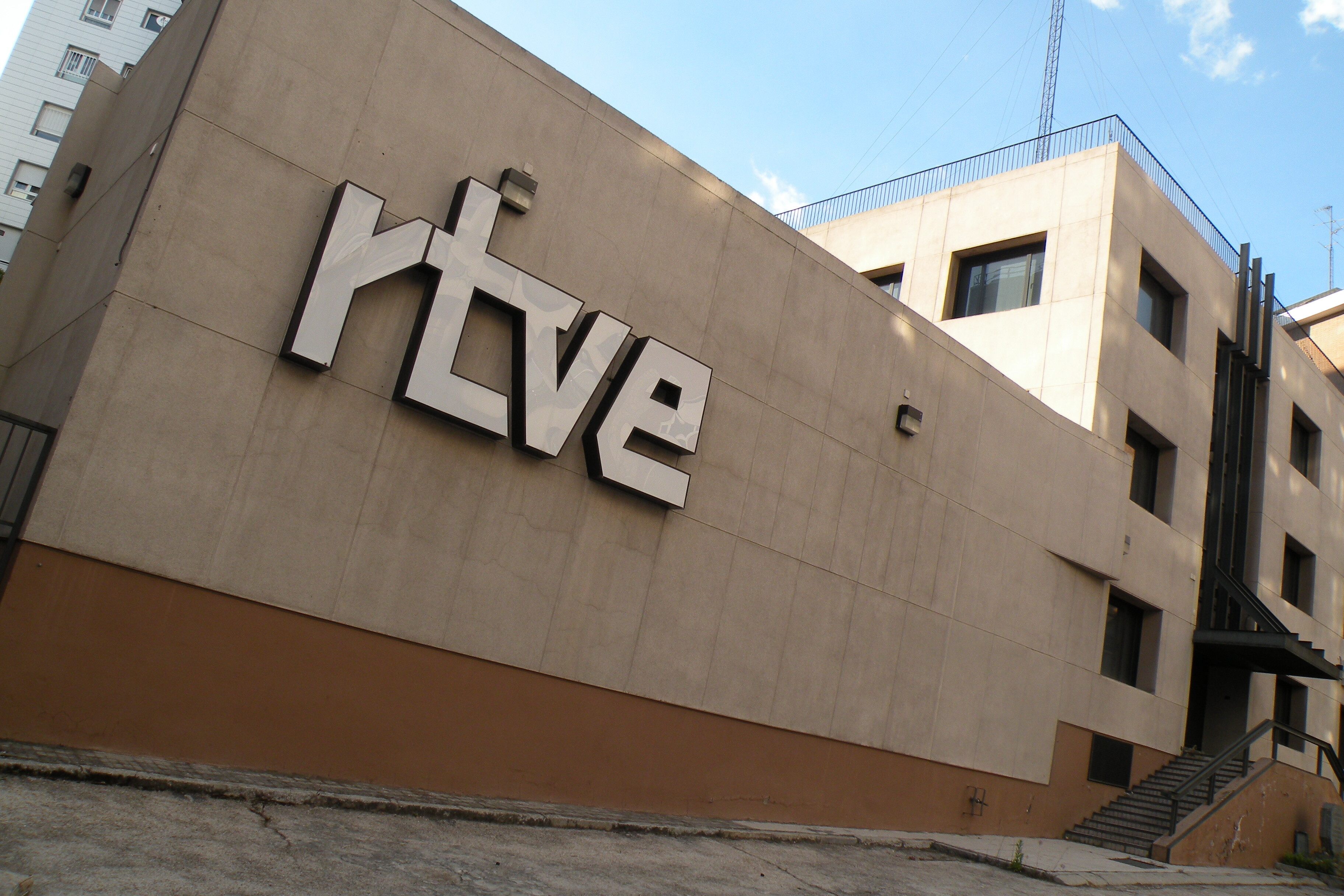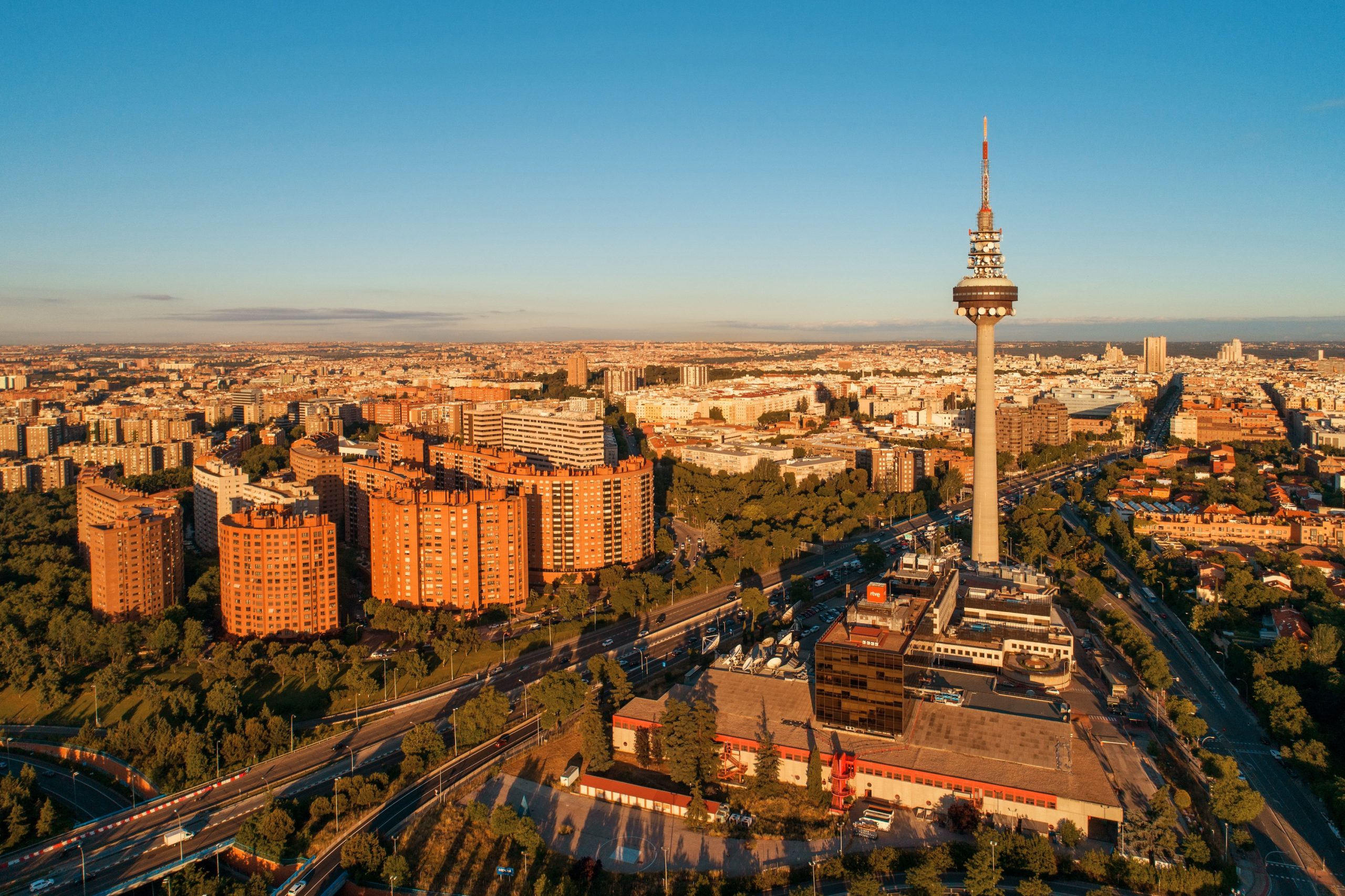“Our survival is at stake”: Staff at RTVE protest against political interference
6th October 2022
Media workers at Spain’s national broadcaster, RTVE, have protested against the politicisation of the organisation after the resignation of its president.

Staff at the Corporación de Radio y Televisión Española (RTVE) have held a protest after the President of the Board, José Manuel Pérez Tornero, resigned from his position last week. In a statement, Mr. Tornero said “There are no longer the minimum conditions for cross-cutting consensus, nor for the formation of a plural, stable and coherent majority; and, on many occasions, not only the climate conducive to dialogue that we need to complete the project.”
Those who protested complained about political interference at the corporation ever since the appointment of a Board of Directors, which they alleged was deeply politicised. They called for “collective political will” to restore the independence of RTVE. Mr. Tornero has been replaced by Elena Sánchez, herself already a board member. On Tuesday 4 October, the government approved changes to the statutes of RTVE to grant her executive powers, which interim presidents were prior unable to use. The government argued it was necessary to “guarantee the normal functioning” of the broadcaster.
Read more: Spain: RTVE management issues remain unresolved amid financial concerns
However, on Thursday 6 October, the three Consejo de Informativos (news councils) – which act as independent watchdog bodies over TV, radio and digital – released a joint statement, which rejected the Government’s actions of granting Ms. Sánchez executive powers. They described it as an “unjustifiable and ethically debatable legal argument.
“Modifying the Social Statutes of RTVE as the Government intends to do makes a very dangerous precedent that we must deny in defence of our public service because it opens the door for any party at the head of the executive … to repeat this legal shortcut in the future based on partisan and non-professional interests. The political scuffle these days on behalf of RTVE makes us fear that the transitory solution will end up prolonging itself over the horizon.”
“Public broadcasting needs stability and a long-term professional project.”
To explain the situation, PMA’s Editorial Manager, Harry Lock, spoke with Yolanda Sobero, who has worked at RTVE for 40 years. Ms. Sobero is the President of the Consejo de Informativos’ TVE (CdITVE).
🔴Comunicado de los tres Consejos de Informativos de RTVE sobre el acuerdo del Consejo de Ministros que autoriza la modificación de los Estatutos Sociales de RTVE 👇 pic.twitter.com/wcrk0ld2mX
— C.I. RTVE.es (@CI_rtve_es) October 6, 2022
Harry Lock: Can you explain exactly what has happened over the past few days?
Yoland Sobero: Four years ago, a public examination was held by the Spanish Government in order to elect the Board of Directors of RTVE for the first time in our history. [T]here were 93 candidates. However, that public examination was full of irregularities and several political parties chose the people they wanted on the Board of Directors before all of candidates presented their management projects in the Senate. The president José Manuel Pérez Tornero was elected as president one year, seven months and a day ago thanks to an agreement among the main political parties.
From that day and until his resignation, his management was disastrous: editorial interference with cases of informative manipulation, inability to form teams, alleged intimidation of professionals, hiring of people close to certain political parties, low audience, public debt of €588 million, etc. He has resigned after the majority of his Board of Directors left him alone. Some sources say that he received political pressure. Obviously, if you agree to a position for political reasons, you lose it for the same reasons.
HL: Why has this been such a concern for staff at RTVE?
YB: This leads to much concern for staff due to the situation at RTVE [which has become] unsustainable. There is no serious business project and the people who are still part of the Board of Directors were also elected for political reasons. Some of them got 0 and 2 points out of possible 30 points in their management projects. Our survival is at stake. It is necessary to prioritise professionalism, not nepotism. However, there is no political will to do it.
Tras la dimisión de Pérez Tornero, observamos con profunda preocupación un nuevo agravamiento de la situación institucional de RTVE. Exigimos proyecto de servicio público, independencia y profesionalidad en la gestión.
— Consejo de Informativos TVE (@CdItve) September 26, 2022
Este mediodía, trabajadores de RTVE se han concentrado en diferentes centros para reclamar al Gobierno y grupos políticos un proyecto independiente y profesional que garantice el servicio público. #DefiendeRTVE pic.twitter.com/QPitZPM2aY
— Consejo de Informativos TVE (@CdItve) September 30, 2022
HL: In the past, has RTVE struggled for independence?
YB: In 2018 hundreds of women who work for RTVE formed a group – largely inspired by labour claims – in order to denounce the wage inequality and glass ceiling. Unfortunately, government interferences (the Conservative Party) represented a difficult and important [barrier] to achieve our ultimate objective. Reporting freely and independently at Spain’s Public Broadcasting was almost impossible between 2012 and 2018. Journalists who dared to report fairly and accurately experience[d] reprisals as a consequence of their impartiality (dismissals, threats, shift changes, etc.).
Due to all these reasons, our objective moved on to being free to report according [to] professional standards and denounce manipulation. In fact, the European Parliament asked [former Prime Minister] Mariano Rajoy to explain RTVE’s manipulation and political bias. Along these lines, two campaigns were launched in 2018. On the one hand, #Asisemanipula (ThisIsHowTheyManipulate) to share our experiences of bias. And on the other hand, #Viernesnegro (BlackFriday). Every Friday we [wore] black on screen to protest against censorship and require that a new Director-General for RTVE through a public selection process. As you can see, it was a titanic battle. With the new Government (the Socialist Party), we went on asking for a law that protected the right to provide and receive truthful information. We succeeded in moving ahead but RTVE continues to be unfortunately politicised.
HL: How are workers at RTVE reacting?
YB: On the one hand, workers are angry and frustrated at this situation. And on the other hand, they believe the battle is alive.
“Our survival is at stake. It is necessary to prioritise professionalism, not nepotism. However, there is no political will to do it,” – Yolanda Sobero, journalist at RTVE and President of CdITVE
HL: What action have they taken?
YB: Among other actions already taken, we gathered the last Friday at the gates of RTVE with our banners writing: Defend RTVE.
HL: What needs to happen next for the situation to improve?
YB: Most of all, collective political will is required to democratise RTVE which, as you know, was born during the Franco years. Spanish democracy inherited the clientelistic structures of the dictatorship and that degrades the functionality of the public sector. Not only at RTVE but the same is true of the judicial branch, for instance.
HL: Are you hopeful changes will be brought in?
YB: Hope is the last to die.
Related Posts
14th April 2022
EFE expands mission to tackle fake news in Latin America
Spanish public news agency, EFE, has…
1st April 2021
RTVE: Questions of independence remain despite new board
RTVE has installed a new board after…


